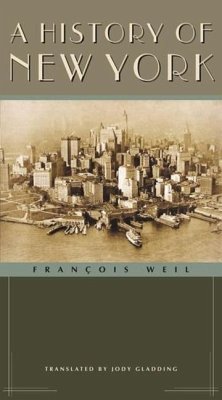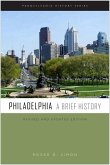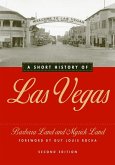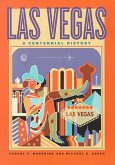New York is not America, François Weil writes, "but what America promises, perhaps its greatest promise." It may be hard to believe, then, that the quintessential symbol of American enterprise and energy was once quite low in the political and social hierarchy. Weil takes on the New York of myth and offers a compelling chronicle of how it actually developed into a global city -- what some have called the capital of the twenty-first century. He shows how the uneasy tension between capitalism and multiculturalism has been at the heart of the city's immense physical, social, economic, and cultural transformation -- as well as of American notions of what urban "space" is, for whom it exists, and how it is used. The book also captures what makes the city exceptional -- from the arts and literature to popular culture and party politics -- and reveals New York as both a unique space and a model of American diversity.
Hinweis: Dieser Artikel kann nur an eine deutsche Lieferadresse ausgeliefert werden.
Hinweis: Dieser Artikel kann nur an eine deutsche Lieferadresse ausgeliefert werden.








